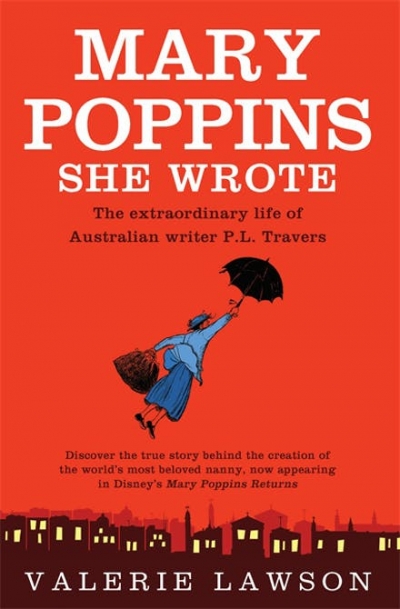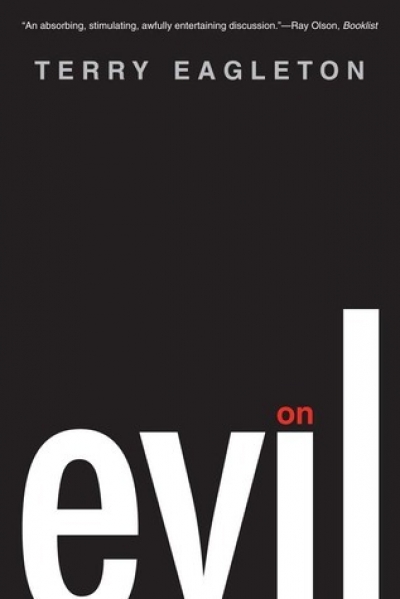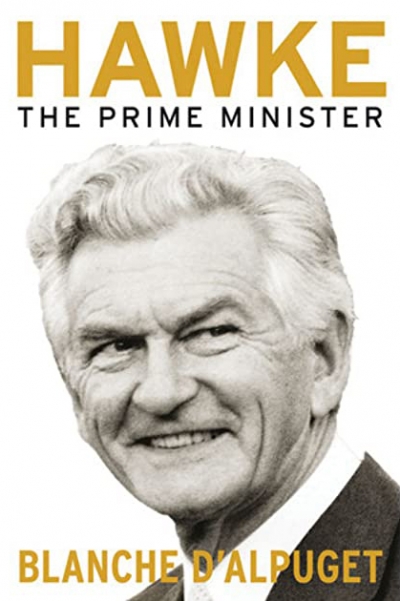Non Fiction
The Bridge: The life and rise of Barack Obama by David Remnick
When the book arrived for review, a paperback of 656 pages, my heart sank. Americans are the world’s greatest researchers. Reading it would be like drinking from a fire hose. But it began incisively, with a turning point in the 2008 presidential campaign that established Obama’s audacity as a ‘complex, cautious, intelligent, shrewd, young African-American man’ who would project his ambitions and hopes as the aspirations of the United States of America itself. Soon we were in Kenya, with Tom Mboya, Jomo Kenyatta, the Mau Mau uprising, and Barack Hussein Obama Sr, a promising young economist with a rich, musical voice and a confident manner on his way to the University of Hawaii. We also meet the most compelling character in the book, perhaps in Obama’s life: his mother, a seventeen-year-old from Kansas, intrepid and idealistic, who takes up with the dasher from Kenya, becomes pregnant and marries him.
... (read more)Power Shift: Australia’s Future between Washington and Beijing (Quarterly Essay 39) by Hugh White
Not for forty years have Australians had real arguments with their governments about international relations. Many marched in 2003 against the Iraq invasion, but were ignored. Now, if the national obesity rate is any guide, Australians spend more time eating, partying and sleeping than having the earnest pre-breakfast discussions about foreign relations that Fukuzawa recommended.
... (read more)Mary Poppins, She Wrote: The true story of Australian writer P. L. Travers, creator of the quintessentially English nanny by Valerie Lawson
How complex a task it is to write the biography of a writer. For writers, whose daily business is making things up, the truest experience may be one they have imagined. All biographers need to be storytellers and private detectives, but the biographer of a writer must also be a literary critic, must account for how the work relates to the life and escapes the life; beyond this, how the experience of writing it might change how the author apprehends those other parts of experience, called facts.
... (read more)Cruiser: The life and loss of HMAS Perth and her crew by Mike Carlton
Australian war historians usually find their theme in the army. Mike Carlton, a well-known journalist, thinks it is time to praise the Australian warship Perth and its men: ‘They were the flower of Australia’s greatest generation. No other has been so tested.’
... (read more)Inside Story: From ABC correspondent to Singapore prisoner #12988 by Peter Lloyd
Few who saw them will forget the grainy newspaper images of Australian drug traffickers Kevin Barlow and Brian Chambers. Despite high-level diplomatic pleas from the Australian government, they were hanged at Pudu jail in Kuala Lumpur in July 1986 for possessing 180 grams of heroin. In the post-execution mêlée, their bodies were concealed by blankets, but one foot was casually left uncovered. The poignancy of those toes was heart-rending, their vulnerability encapsulating the brutal and ruthless efficiency of law in that region of South-East Asia.
... (read more)One of the more robust responses to what has come to be called the New Atheism has been that of the influential literary critic Terry Eagleton. He weighed into the argument early with an aggressive and widely cited critique of Richard Dawkins’s The God Delusion (2006) in the London Review of Books, in which he charged Dawkins with theological ignorance. He extended his argument in a series of lectures, published as Reason, Faith and Revolution: Reflections on the God debate (2009), which condemned the atheist movement for its allegiance to an outdated form of nineteenth-century positivism and for its optimistic belief in the virtues of progressive liberal humanism. His latest book, On Evil, is a kind of supplement to the debate, in which he attempts to drive home what he considers the naïveté of such a view.
... (read more)Bonobo Handshake: A memoir of love and adventure in the Congo by Vanessa Woods
Even the name is confusing: think of it as Belgian Congo/Zaire/Congo DRC to avoid confusing it with the Republic of Congo/Congo Brazzaville across the river. Officially, the name is Democratic Republic of Congo – DRC – so you could roll out the usually accurate cliché that any country with ‘Democratic’ in the name definitely isn’t that. In fact, the DRC had an election a few years back which was reasonably democratic and certainly inspired an impressive voter rollout.
... (read more)Needless to say, yet needing to be said, Australia’s twenty-third prime minister, R.J.L. Hawke, emerges from this interesting, sometimes engrossing yet disconcerting book smelling like roses. When MUP decided to publish, it must have seemed like a good idea. Deployed on television, Bob and Blanche were a marketing dream. But the result has a fatal flaw; it neither enlarges Hawke as a political leader nor advances d’Alpuget as a writer.
... (read more)The Cambridge Companion to Children's Literature edited by M.O. Grenby and Andrea Immel
Prepare to be affronted, or perhaps just a bit miffed. Although it does not confine itself to works by British writers, you will look in vain for Australian authors in the new Cambridge Companion to Children’s Literature. Among many titles from the United States, Little Women gets its due, as does Little House on the Prairie. Canada’s Anne of Green Gables is there, and so is Salman Rushdie’s Haroun and the Sea of Stories. Scan the index and you will find works of European origin, such as The Swiss Family Robinson and Johanna Spyri’s Heidi. The latter two, of course, could be given honorary citizenship because of their immense popularity in English translation.
... (read more)The Master and His Emissary: The Divided Brain and the Making of the Western World by Iain McGilchrist
What would it be like to possess two brains, each with its own view of the world and each with its own personality? Which one would be in control? Which one would be ‘you’? Of course, none of us literally has two brains. Yet we have two cerebral hemispheres, a right and a left, that in many important respects are duplicates of each other. Normally, the right and left hemispheres communicate extensively with each other, mostly via a large fibre tract known as the corpus callosum. Despite overall similarities in their organisation, there are marked left–right asymmetries in the details of how the hemispheres operate. Compelling evidence for brain asymmetry initially came from two groups of patients: those who have had a stroke affecting just one hemisphere; and those, the so-called ‘split-brain’ patients, who lack a functional corpus callosum connecting the two hemispheres, either because of a congenital defect, or as a result of surgery to ameliorate otherwise intractable epilepsy.
... (read more)









